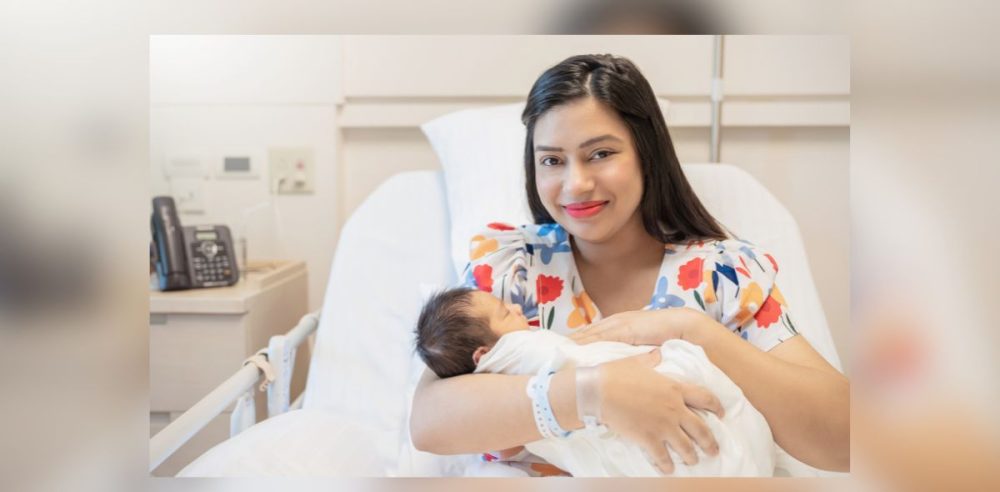President Donald Trump’s latest executive order on birthright citizenship could disqualify the children of lawful foreign laborers born in America from immediately gaining U.S. citizenship.
“The federal government will not recognize automatic birthright citizenship for children of illegal aliens born in the United States,” Trump said at a briefing last week.
However, the wording of the executive order issued on January 20 extends its reach beyond the children of illegal aliens. According to Aarti Kohli, executive director of the Asian Law Caucus, the executive order applies to babies born after February 20 whose parents are not lawful permanent residents.
In an interview with Ethnic Media Services, Kohli explained that while H-1B visa holders are lawful, they are not permanent residents as green card holders and, therefore, do not satisfy the requirements for their children to have birthright citizenship. She added that transferring a visa from an H-1B to a green card is a long process that may sometimes take decades, depending on the state of residence.
Kohli criticized the executive order and noted that it could cut off these children from some social services.
“The executive order will be devastating because it will undermine one of the key principles in America. No matter where you come from, you can come here, and within a generation, you belong. You are part of this society,” Kohli said.
Notably, children of H-1B who are not citizens still qualify for H-4 visas. H-4 visa children can attend public schools in every state.
Kohli warned that the children of H-1B workers may be unable to attend college. However, the financial product services website Stilt reports that H-4 visa children can attend university until they reach the age of 21.
Spouses of H-1B workers may also qualify for H-4 visas, which can allow them to work in the U.S. In some cases, spouses on H-4 visas can qualify for social services such as unemployment benefits, the law firm Reddy Neuman Brown PC’s legal blog states.
The Dallas Express previously reported on the contentious usage of H-1B visas, including some companies, such as Charles Schwab, appearing to pay foreign workers rock-bottom wages compared to their American counterparts.
One day after Trump issued the executive order on birthright citizenship, a coalition of 18 states filed suit against Trump and several federal agencies, claiming the order was unconstitutional. Several immigrant and civil rights advocate groups have also filed lawsuits against the order.
On January 23, a federal judge in Seattle issued a temporary restraining order blocking Trump’s executive order.


